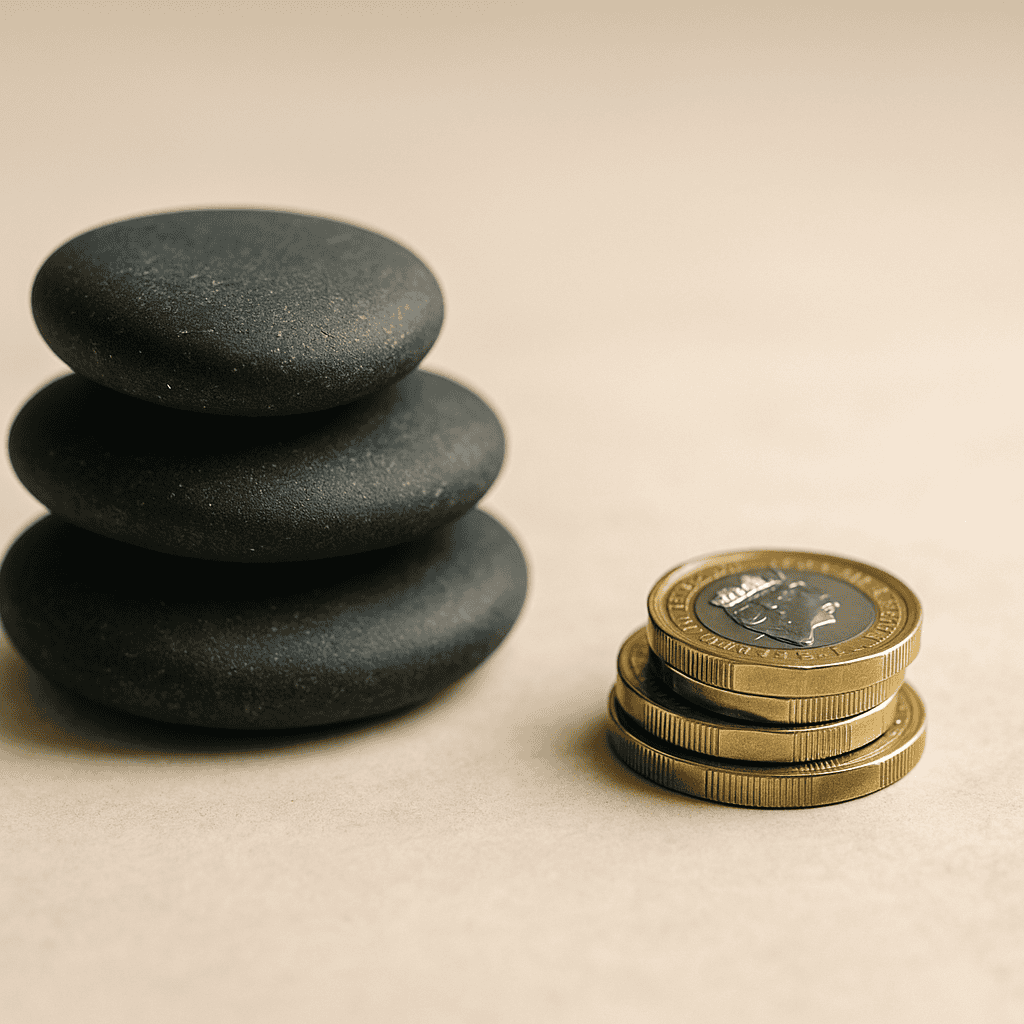A Mindset Shift That Changes Everything
Changing how you think about money might not require spreadsheets or sudden frugality. It may begin with how you feel when you check your bank balance or tell yourself you’re “bad with money.” Most people never question the mental scripts that shape their earning, spending or saving behaviours. They just react, usually on autopilot. But a shift in mindset has the power to untangle lifelong patterns and open new paths to personal success. If you’re ready to trade survival mode for something more expansive, it starts with recognising that money is never just about money.
Awaken Your Money Story
You’ve been following a script, one likely written before you could spell “budget.” Childhood lessons, family tension, overheard arguments and even silence around finances left impressions that still shape your behaviour. Were you told, “We can’t afford that,” with fear in the air? Or maybe money was flaunted, weaponised or worshipped. These impressions stick. When you begin to trace your inherited money scripts, you can finally question whether they belong to you or just to your past. Writing out those memories, saying them aloud or reframing them can shift a lifetime of resistance or shame. Because once you understand the story, you can start writing a new one.
Build Financial Mindfulness
Financial decisions rarely happen in spreadsheets. They happen at red lights, during doomscrolling, at the grocery shop. In moments you didn’t think were decisions at all. That’s where mindfulness enters. Not meditation, necessarily. Just noticing. When you practise daily money check‑ins, you start catching the moments when you reach for money reactively. Mindfulness helps you notice patterns before they escalate. You realise that wanting to spend is different from needing to and that feeling guilty about saving doesn’t mean you shouldn’t. Without judgement, you start replacing noise with clarity.
Daily Money Check‑ins (2 minutes)
- Open your banking app once a day.
- Name your top feeling in that moment (e.g., anxious, calm, tempted).
- Note one small action (e.g., move £5 to savings, postpone a purchase 24 hours).
Confront Emotional Spending Patterns
Stress shopping. Sad scrolling. Rage ordering. These are real behaviours and they rarely disappear by force of will. Instead of criticising yourself, try to be curious. Emotional spending often tries to regulate discomfort, mask loneliness, or create a temporary illusion of control. To break the cycle gently, you need replacement tools: take five deep breaths, send a text to a friend, or write out what you’re feeling in that exact moment. Emotional regulation isn’t sexy but it is transformational. You won’t always catch it in time but the goal isn’t perfection. It’s pattern recognition. Power grows in the pause.
Quick Reset Tools (pick one)
- Five breaths in, six breaths out.
- “Text the truth” to a trusted friend.
- 24‑hour cooling‑off rule for non‑essentials.
Practise Gratitude and Generosity
Scarcity doesn’t need facts to feel real. It just needs repetition. You might earn more than ever and still feel like there’s never enough. Gratitude interrupts that loop, not in a cheesy “just be thankful” way but as a daily practice that keeps you rooted in sufficiency. When financial gratitude strengthens your money mindset, you make space for the truth: You have survived. You’ve earned. You’ve spent money in ways that brought joy, relief or comfort. And when you give, freely, not out of guilt, you reaffirm that there’s more where that came from. Gratitude and generosity don’t make you naïve. They make you resilient.
Track Habits to Take Back Control
You can’t shift what you won’t name. Most people feel out of control with money because they don’t see where it goes. They guess. They assume. But awareness is power. Not the kind that shames but the kind that lets you steer. If you track your expenses, even the small, seemingly meaningless ones, a picture emerges. You’ll spot leaks. You’ll notice patterns tied to mood, time of day, or place. This isn’t about being perfect. It’s about knowing your terrain well enough to navigate it with purpose.
Simple Tracking That Sticks
- Choose one method: notes app, spreadsheet, or bank‑app tags.
- Track for 14 days. Review once. Adjust one thing only.
Reimagine Earning with More Flexibility
Mindset doesn’t only influence how you spend; it also affects how you earn. If you’re in a profession like nursing, growth often means additional credentials. But timing and structure matter. The flexibility of an RN‑to‑BSN online programme offers a powerful reframing: you can expand your career without sacrificing your current role. This shift from “I can’t afford to grow” to “I can grow while earning” requires new thinking. It’s not about doing more, it’s about aligning opportunity with rhythm.
The Quiet Power of a New Money Mindset
A money mindset is not a single belief. It’s a constellation of thoughts, patterns, and reactions that live quietly beneath the surface, until you question them. Rewriting your financial story doesn’t require perfection or extremes. It asks for presence. When you pause, reflect, reframe, and realign, money becomes less of a battleground and more of a tool. The most important shifts are subtle. They happen when you ask better questions, listen without judgement and take one small action rooted in awareness. That’s how financial freedom begins: not with a windfall but with a whisper that says, “You get to choose differently now.”
Guest Blog Post by Joyce Wilson ©BadgerLoans2025
Had enough ‘mindfulness’ for one day? Still need to make the same old choices? In that case, you’ll be wanting to go here: https://www.badgerloans.co.uk/apply/





